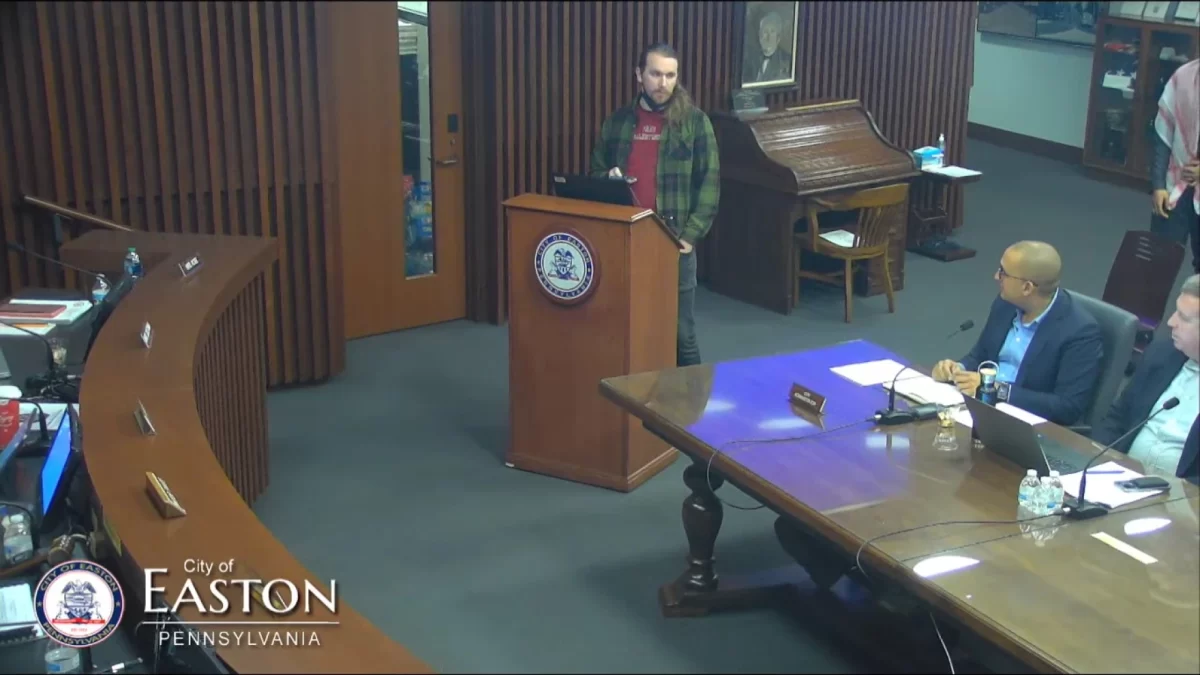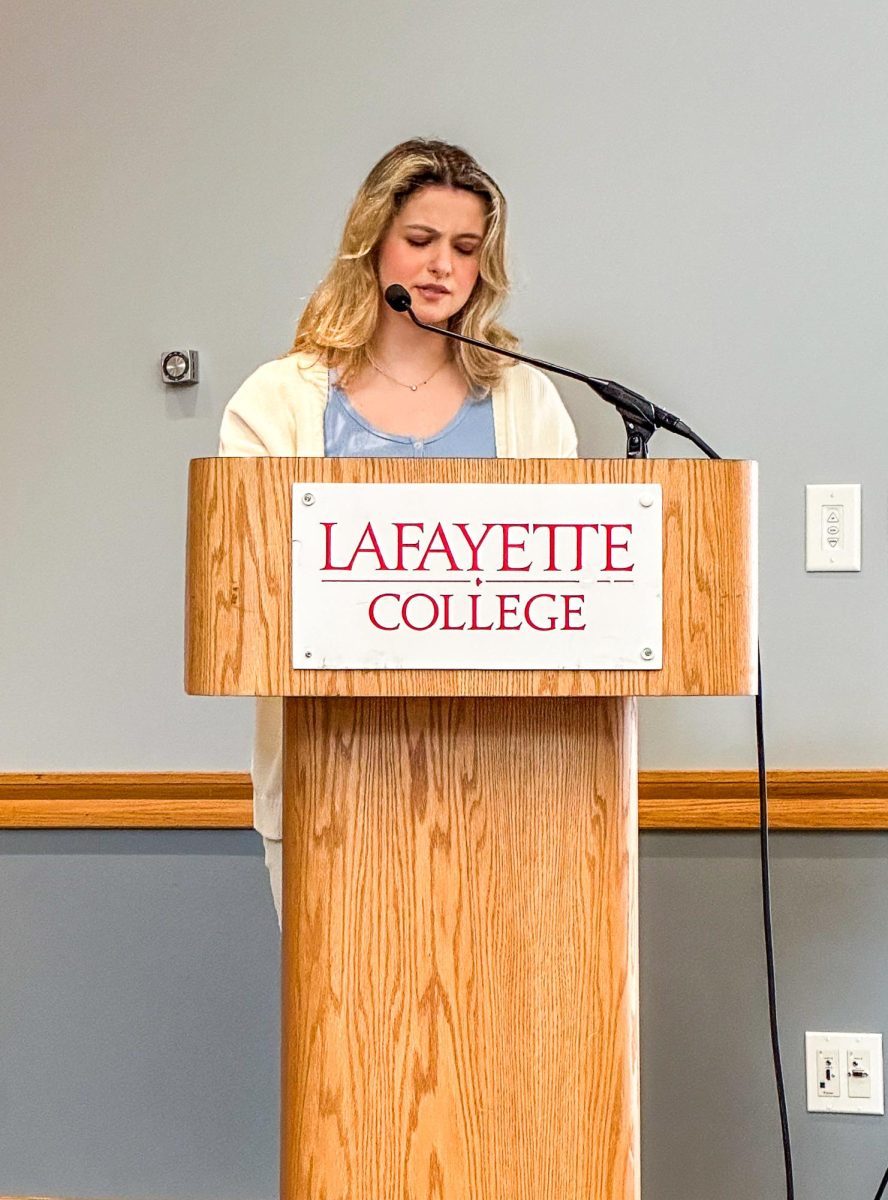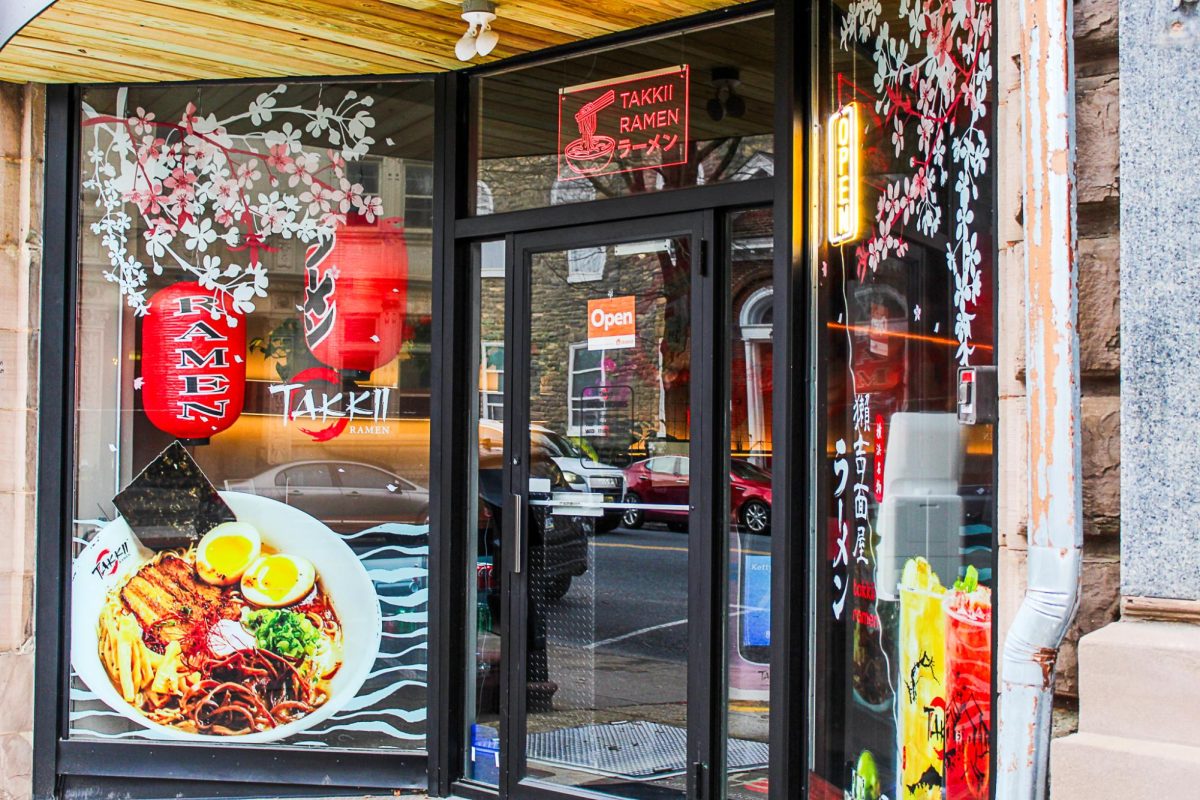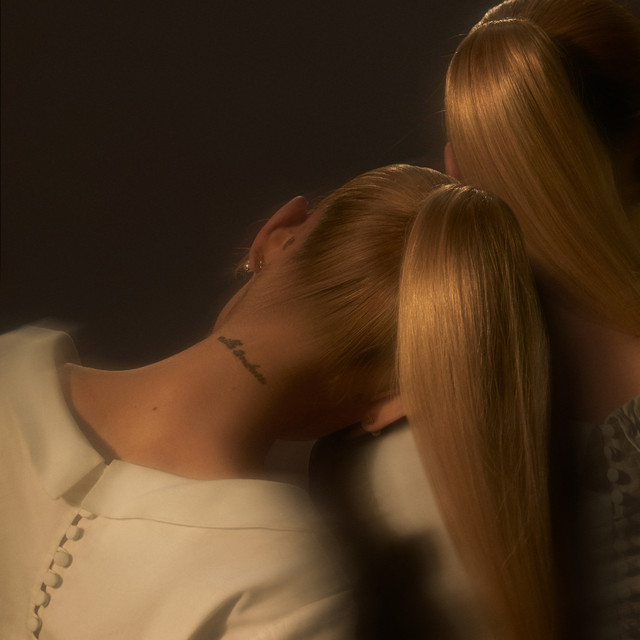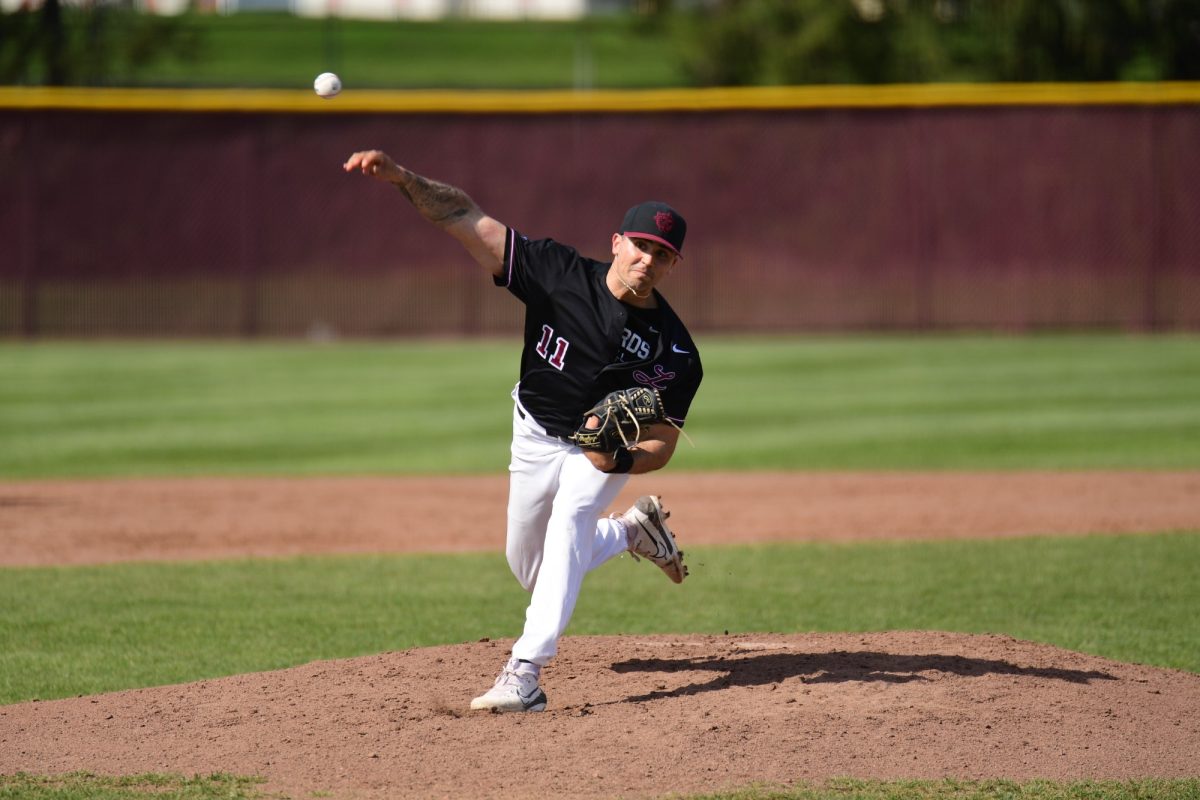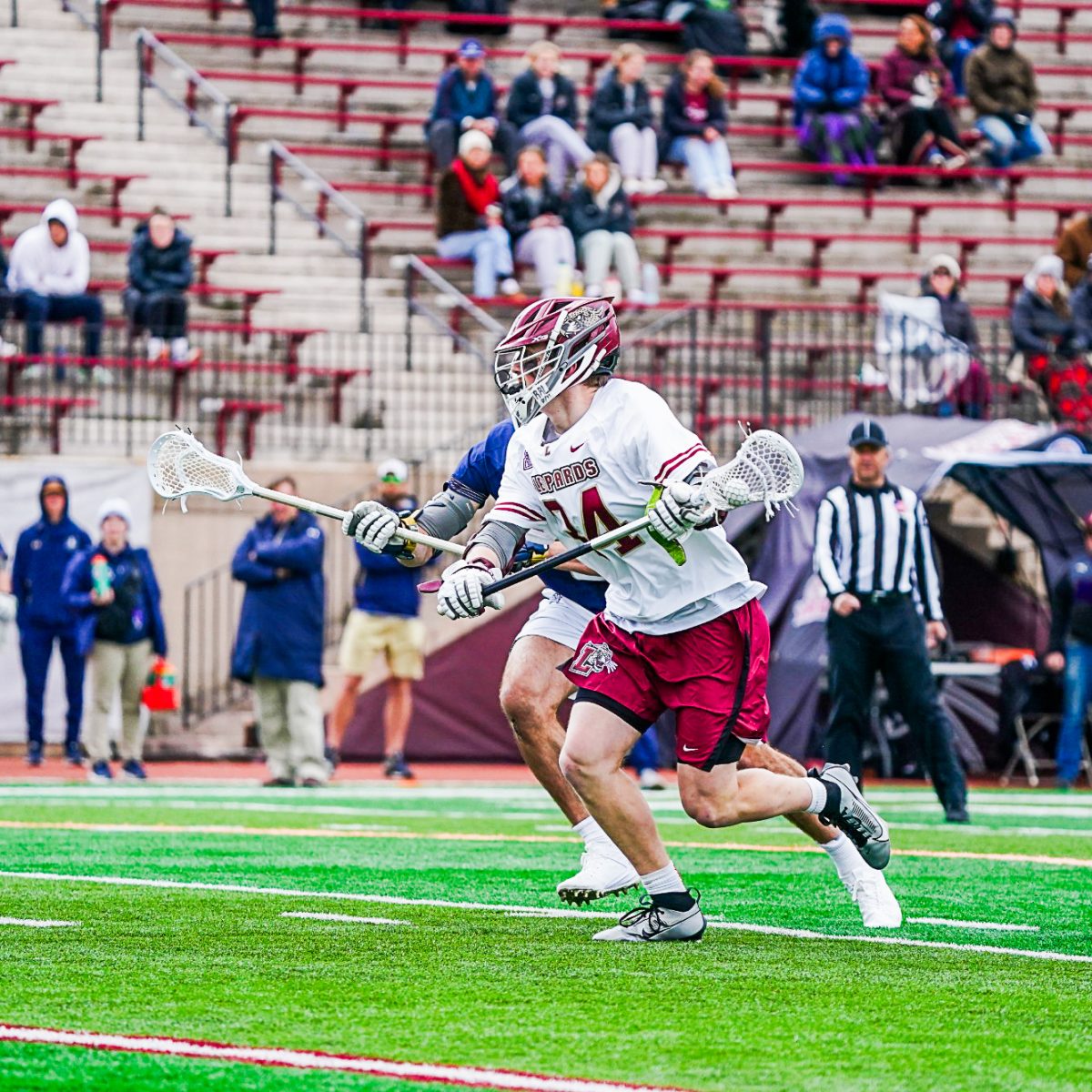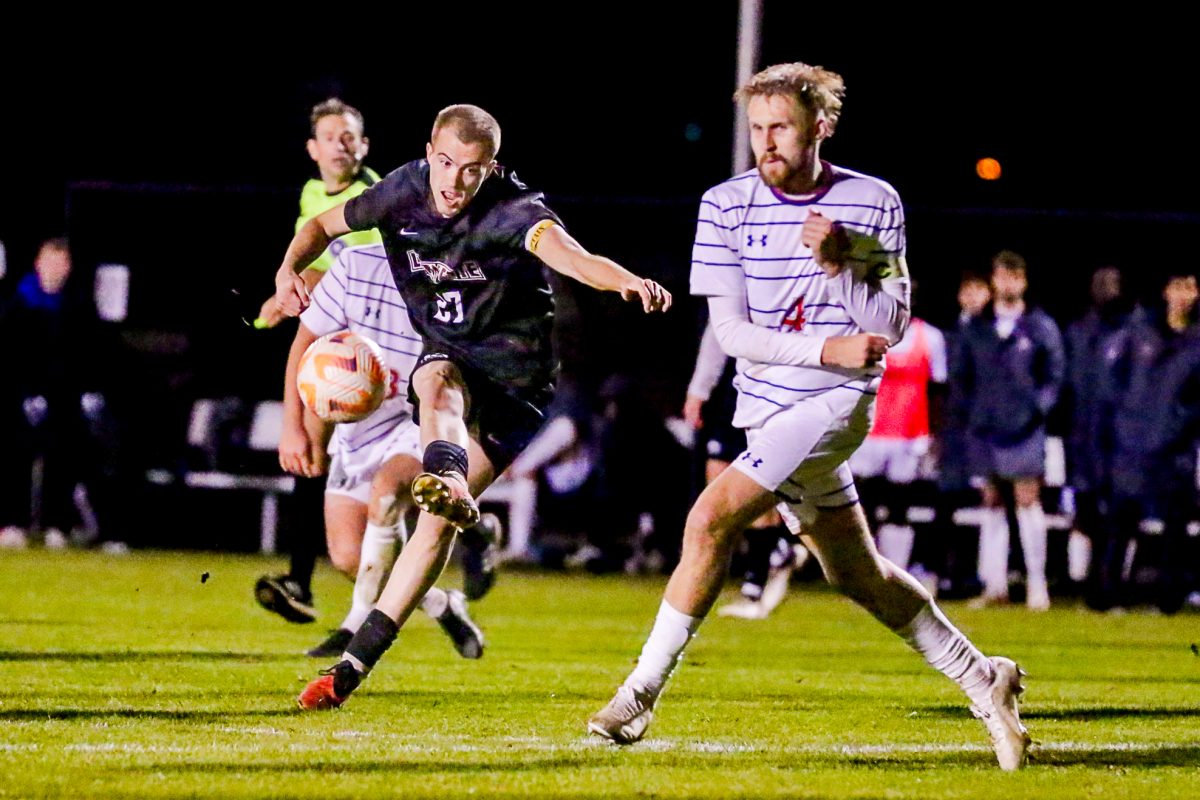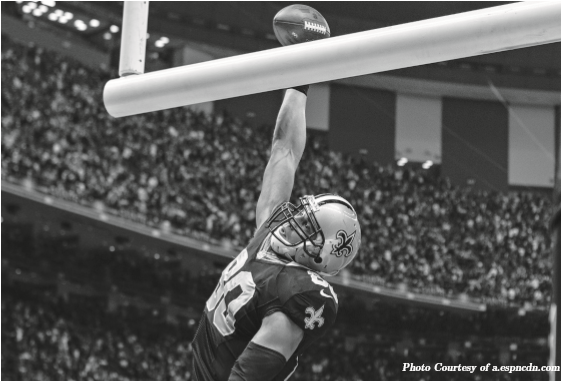
Drew Friedman ‘16 and Mike Morgan ‘16
Collaborative Writers
Like the first few weeks of every NFL seasons, the first few weeks of football have had their fair share of season ending injuries. But one injury that occurred this past Sunday stands out from the rest.
Stephen Tulloch, linebacker and defensive captain for the Detroit Lions, suffered a torn ACL after recording a sack on Green Bay Packers quarterback Aaron Rodgers.
He did not hurt himself while making the tackle, but instead did something afterwards that caused his knee to give out.
In mockery of Rodgers’ “belt celebration,” jumping and pantomiming wearing a wrestling championship belt, Tulloch blew out his knee when he landed.
History relives itself with this injury, going back to 1965 when the first celebration occurred after New York Giants wide receiver Homer Jones spiked the ball after a touchdown.
For one reason or another, the NFL, as well as other professional sports, has created harsher penalties for excessive celebration. Celebrations that were once laughed about and then ignored can now land players with a hefty fine.
Drew Friedman: While fines are organized by the NFL to stop these celebrations, athletes are athletes for a reason. They are paid to put on a show, just like the trapeze artist is to a carnival, as a professional athlete is to their respective sport. Fines don’t make a difference, and honestly neither does injuries. Whether Tulloch comes back and thinks twice before celebrating his next big play or not, most players don’t hesitate to embarrass themselves and entertain the 40,000 plus surrounding them every Sunday.
Mike Morgan: I wouldn’t say the players celebrate for the purpose of putting on a show for the fans. They are not entertainers; they are competitors. Rather, I think professional athletes celebrate to feed their egos. As much as I laugh watching Cam Newton do his “Superman” celebration every time he catapults himself into the end zone, I know he’s just doing it because he gets a kick out of having that trademark attached to his name. Cam even got a penalty for excessive celebration in the first game of his career. Are you telling me he did it so the fans would get more enjoyment out of the game? Of course he didn’t. He was on the road in Arizona, so if anything, he received more boos.
Drew Friedman: Players might not consciously entertain fans, but then again the fans sitting in the seats are paying their salaries. For some, it might be dunking over the goal post, or tossing up three fingers after hitting a shot behind the line, but these athletes’ solely aim to entertain the fans. These celebrations are practically patting themselves on the back in the dugout or high fiving themselves on the sidelines after the drive. Without these celebrations, athletes wouldn’t be affected. The only people who would be upset would be the fans, who truly are the only ones who think of these stunts as entertainment.
Mike Morgan: Spoken like a true Psych major, Drew. Try telling Pete Carroll that while his Seahawks blew out the Broncos in the Super Bowl, they were subconsciously doing it for the entertainment of the fans. Coaches hate showboating. If anything, it could land their team a penalty, technical, ejection, etc. The coaches make their paychecks from the fans just like the players. Coaches as a rule are against celebrating.
Drew Friedman: Salaries are the reason celebrations started and regardless of what coaches think, as you see on and off the field, athletes do not care what their bosses think, they just care about maintaining their salary. In the 1950s, celebrations were almost unheard of. Salaries are a big reason players celebrate. With money that will last them decades regardless of whether they blow it on tigers and chrome cars, athletes don’t care if they get fined or not. When it comes down to it, they celebrate the way they want to – obnoxiously – but for the fans.
Mike Morgan: Then how can you explain showboating by athletes that aren’t professionals? Think about a guy like Johnny Manziel. He threw up his “Money Fingers” whenever he made a big play back at Texas A&M. He was celebrating excessively before he was even earning a salary (that we know of). He, just like all the rest, entertains his ego first, not the fans. Athletes can ramble all they want after winning a championship about how they do it for the fans, but do you really believe that? For most of these guys, they put themselves first. In sports, celebrating is intrinsic at the end of the day.



















